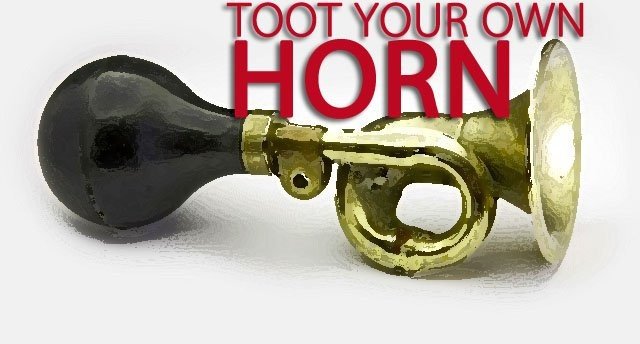Nicoli7153
Well-known member
- Joined
- Sep 9, 2021
- Messages
- 536
How about having a film crew strapped to your back?This UK study is probably one of the more scientific. It is about deer hunters, or stalkers as they are called in the study.
The three variables have the greatest impact on shot lethality. Other factors have far less impact.
1) Comfort of the shooting position and situation.
2) Point of aim, such as head, neck, chest, other.
3) Shot distance, with precipitous drops past 150 meters.
Link here - https://www.ncbi.nlm.nih.gov/pmc/articles/PMC4198128/





